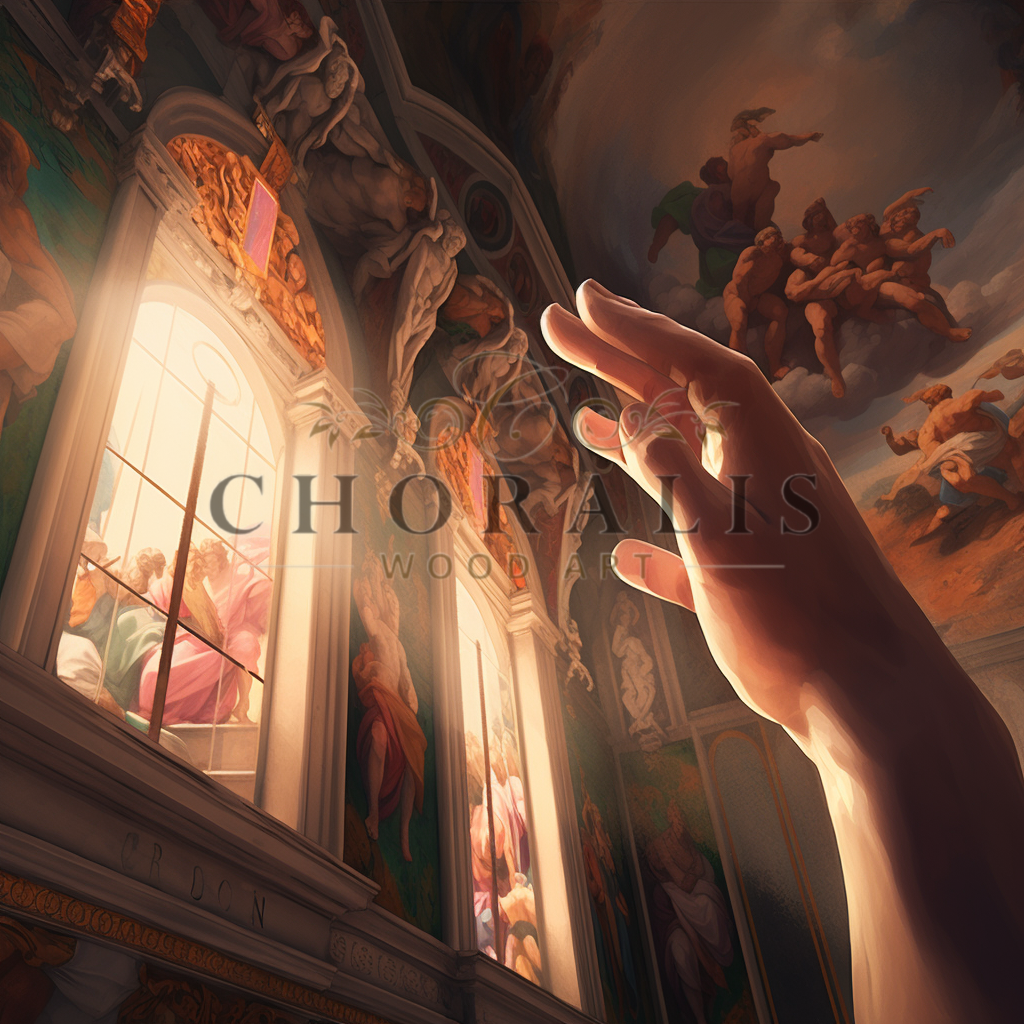Introduction
The concept of God has been a subject of fascination and debate for centuries, transcending time, geography, and culture. Throughout human history, diverse perceptions of the divine have emerged, from monotheistic beliefs to the pantheons of ancient civilizations. In this article, we will explore various aspects of God, delving into different religious and spiritual beliefs, while examining the roles of faith, science, and art in our understanding of the divine.
Defining and Understanding God
Who and what is God? The answer to this question varies across different religions and belief systems. In Christianity, God is an omnipotent, omniscient, and omnipresent being who created the universe and everything in it. The Bible contains numerous descriptions and attributes of God, revealing a loving, merciful, and just deity who desires a personal relationship with humanity.
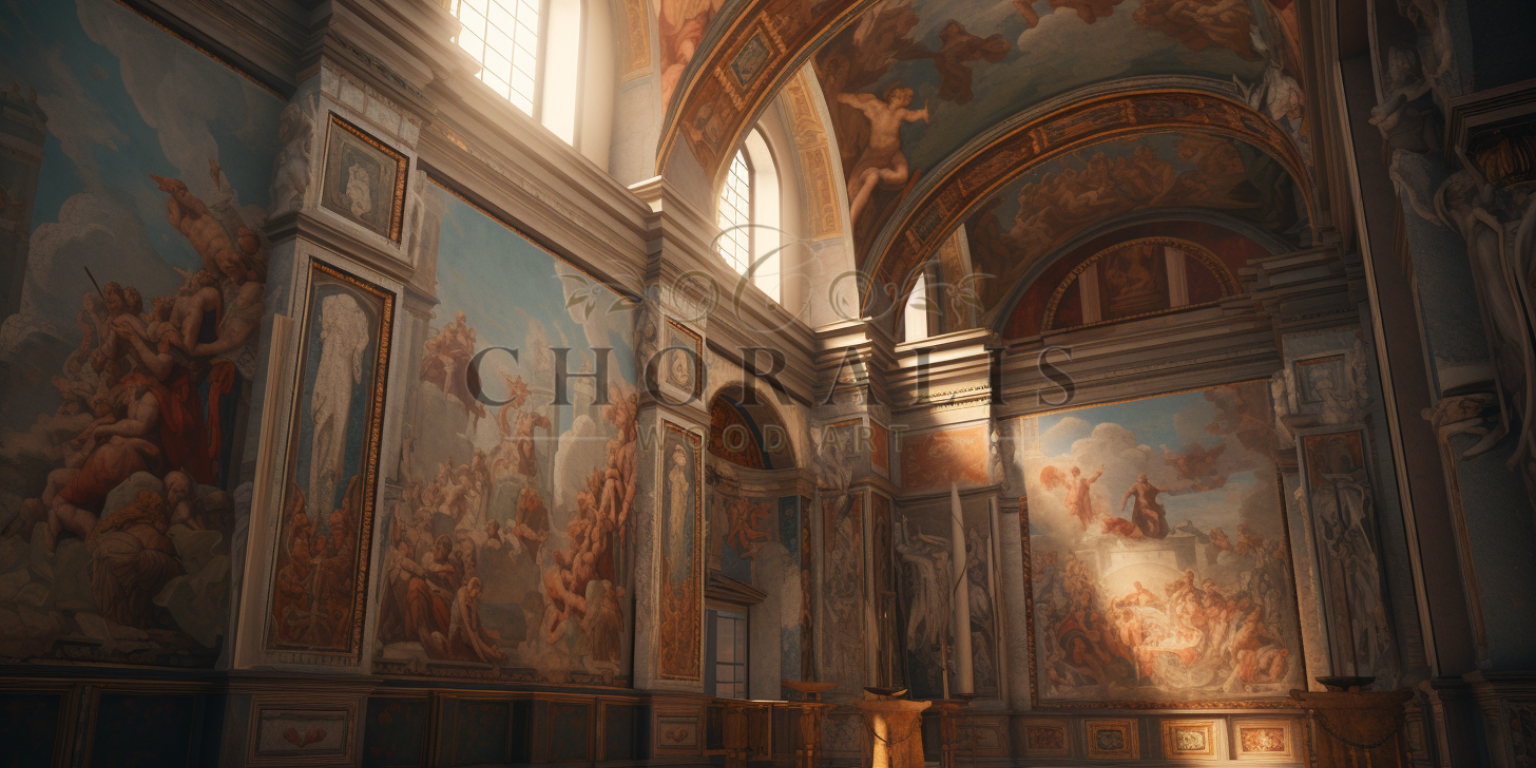
The definition of God is not limited to the Christian understanding. In fact, the term "God" can encompass a wide range of concepts, from a single supreme being to a collection of deities, spirits, or even an impersonal force. This diversity is evident in the myriad of religious and spiritual traditions that exist around the world.
Is Jesus God? Christians believe that Jesus is the Son of God and an integral part of the Holy Trinity, which also includes God the Father and the Holy Spirit. Jesus' divinity is a central tenet of Christianity, as it affirms the belief in the Incarnation – that God took human form in Jesus to redeem humanity from sin.
How old is God? As an eternal being, God is considered to be ageless and without beginning or end. This concept transcends time and human comprehension, emphasizing the divine nature of God and the vast difference between God and creation.
Who created God? The question of God's origin is a complex one. For believers, God is considered uncreated and eternal, existing outside of time and space. This notion implies that God has no creator, as the divine exists beyond the constraints of the created universe.

God in the Bible: The Bible is the primary source of information about God for Christians, containing stories, teachings, and accounts that reveal the character and nature of the divine. Throughout the Old and New Testaments, God's attributes are revealed, including love, justice, mercy, and holiness.
God in Other Religions and Cultures
Ancient Greek and Egyptian gods: In contrast to the monotheistic belief in a single God, ancient Greek and Egyptian cultures practiced polytheism, worshipping numerous gods and goddesses. Each deity held specific roles and functions, often reflecting natural forces or human experiences. For example, the Greek pantheon included Zeus, the king of the gods and ruler of the skies, and Aphrodite, the goddess of love and beauty. In ancient Egypt, gods like Ra, the sun god, and Isis, the goddess of motherhood and fertility, were central figures in their religious beliefs.
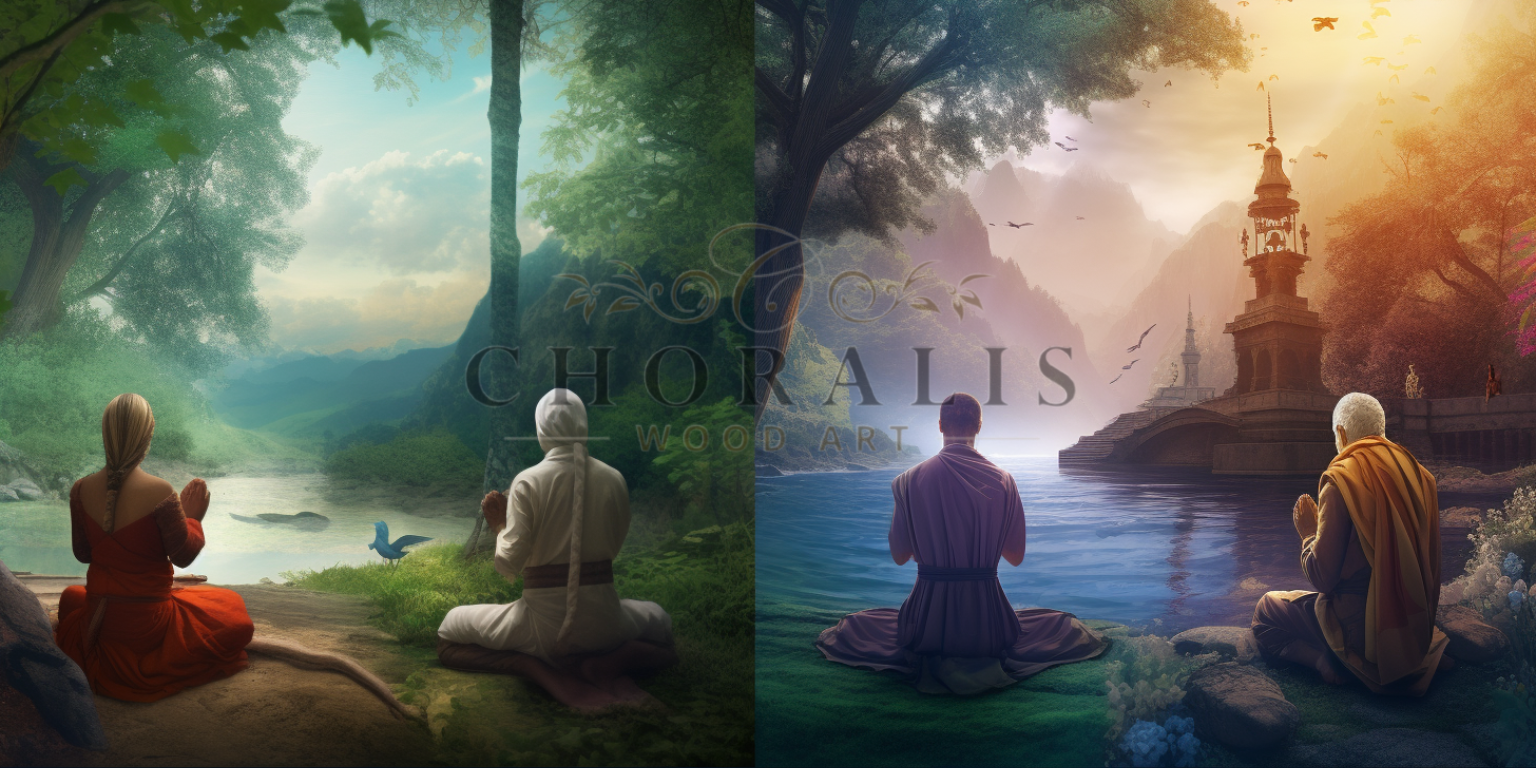
Monotheism vs. polytheism: Monotheism is the belief in a single, all-powerful God, while polytheism involves the worship of multiple gods or goddesses. Christianity, Judaism, and Islam are examples of monotheistic religions, while ancient Greek, Egyptian, and Roman religions were predominantly polytheistic.
The concept of a higher power in spirituality: Spirituality often embraces the idea of a higher power or divine presence, transcending traditional religious boundaries. This higher power can be conceptualized in various ways, including as an impersonal force, a universal consciousness, or even a personal deity. The understanding of a higher power can be subjective and individual, reflecting one's own spiritual journey and beliefs.
Different perceptions of God around the world: The perception of God varies greatly across different cultures and religious traditions. In Hinduism, there is the concept of Brahman, the ultimate reality and divine essence that pervades all things. Buddhists, on the other hand, do not adhere to the belief in a creator God but focus on the teachings of the Buddha and the goal of attaining enlightenment. Indigenous and animistic religions often center around the worship of nature spirits, ancestors, and local deities.
Modern religious perspectives on God: In today's diverse religious landscape, the understanding of God continues to evolve and expand. New religious movements often incorporate elements from various spiritual and religious traditions, resulting in unique interpretations of the divine. These diverse perspectives enrich our global understanding of God and contribute to an ongoing conversation about the nature of the divine and the role of spirituality in human life.
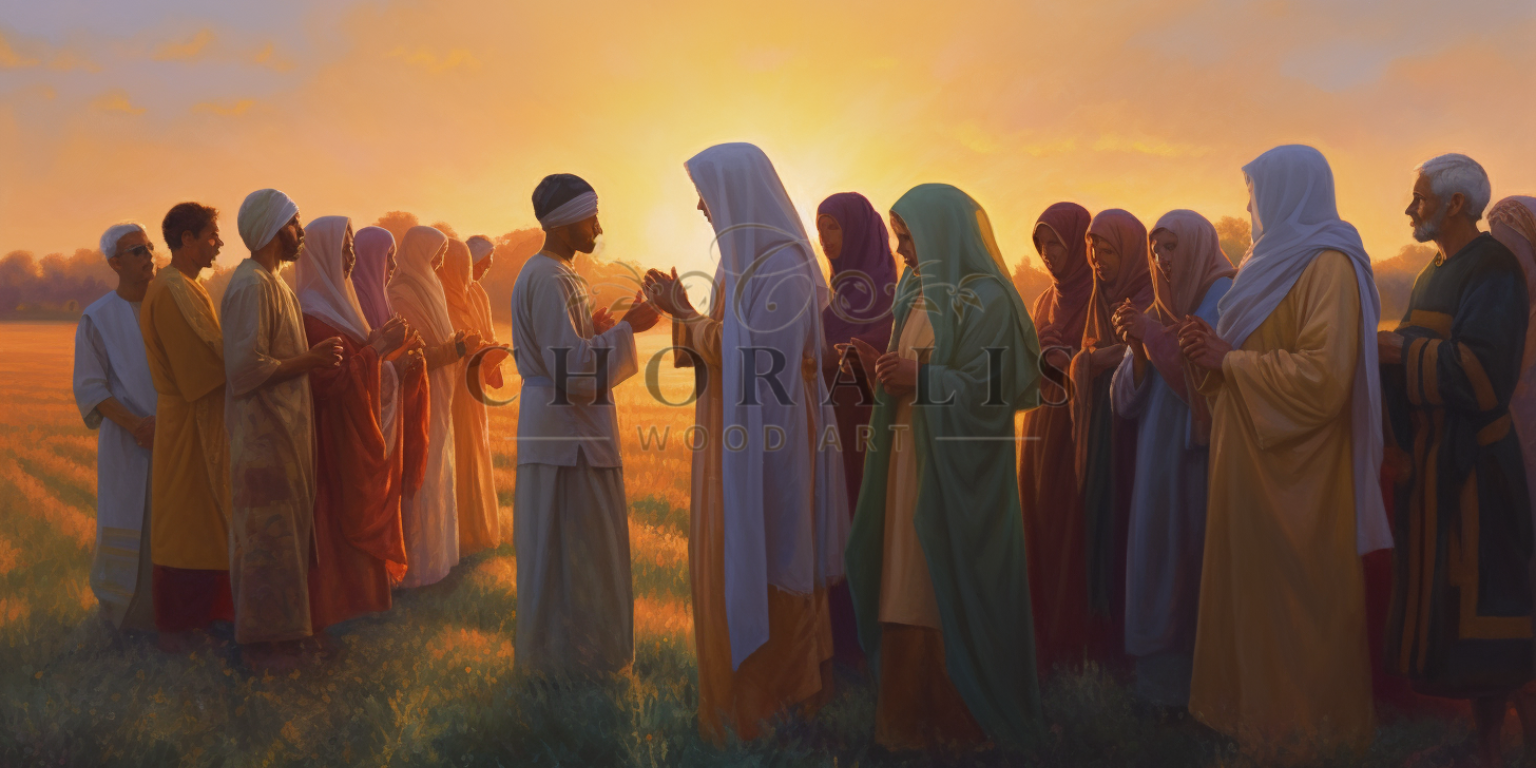
The Intersection of Faith, Science, and Art
Can science prove or disprove the existence of God? The question of God's existence has long been debated among scientists, theologians, and philosophers. While scientific discoveries can provide insight into the natural world, they cannot definitively prove or disprove the existence of God. The belief in God often transcends empirical evidence, relying on personal faith and spiritual experiences.
How do people reconcile science and belief in God? Reconciling science and faith is a complex and ongoing process. Many people believe that science and faith can coexist and complement one another, as both contribute to our understanding of the world and our place in it. Others may view science and faith as opposing forces, with scientific discoveries posing challenges to traditional religious beliefs.
Depictions of God in art and literature: Throughout history, artists and writers have attempted to capture the essence of God through various forms of expression. Iconic artworks, such as Michelangelo's frescoes in the Sistine Chapel, portray biblical scenes and figures, while literature, like Dante's Divine Comedy, explores the nature of God and the afterlife. These creative expressions offer unique interpretations of the divine and invite us to contemplate the many facets of God.
Famous quotes about God: Quotes from theologians, philosophers, and notable figures provide insight into the diverse perceptions and understandings of God. For example, the Greek philosopher Socrates stated, "The unexamined life is not worth living," urging the pursuit of knowledge and self-reflection, which can ultimately lead to a deeper understanding of the divine.
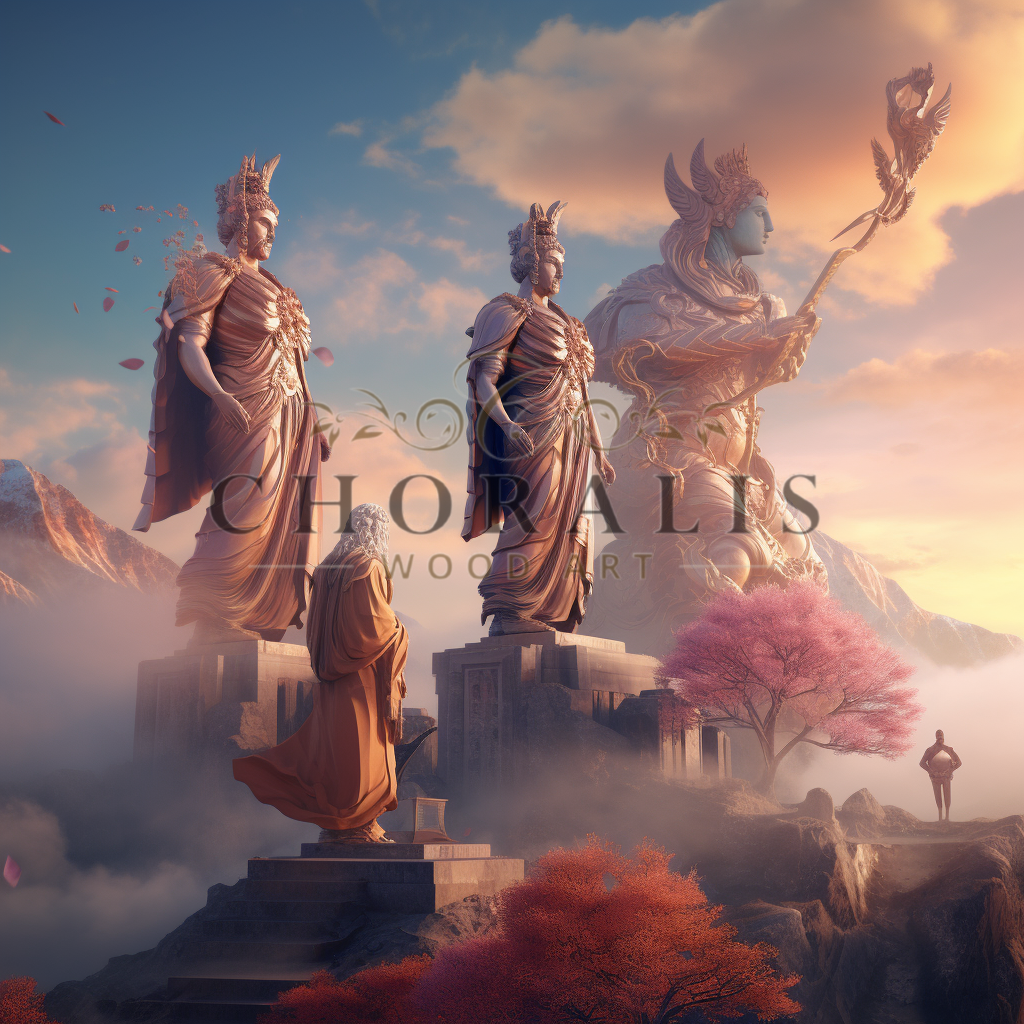
Personal Experiences and the Role of Faith
Personal experiences with God: Throughout history, individuals have claimed to experience encounters with the divine, often through prayer, meditation, or moments of crisis. These personal experiences can profoundly shape one's understanding of God and strengthen one's faith.
What role does faith play in our understanding of God? Faith is an essential component of our relationship with God, as it allows us to believe in something beyond the tangible and the empirical. Faith can be both a source of comfort and a challenge, as it calls us to trust in the divine even in the face of uncertainty.
How has the concept of God evolved over time? The understanding of God has evolved and adapted throughout human history, reflecting the diverse beliefs, cultures, and historical contexts of different societies. From the pantheons of ancient civilizations to modern monotheistic faiths, the concept of God has been shaped by human experience and the ongoing quest to understand the divine.
What role does God play in our daily lives?The role of God in our daily lives is deeply personal and can vary greatly depending on one's beliefs and spiritual practices. For some, God is a constant presence, guiding and supporting them in their daily endeavors. For others, God may be a more abstract concept, providing a framework for understanding the world and their place in it.
Conclusion
The understanding and perception of God are vast and complex, reflecting the diversity of human beliefs and cultures. By exploring various aspects of the divine, we can gain a deeper appreciation for the richness and complexity of spirituality, faith, and human experience. As we continue to learn from one another and engage in open dialogue, we may discover new insights into the nature of the divine and the role of God in our lives.








